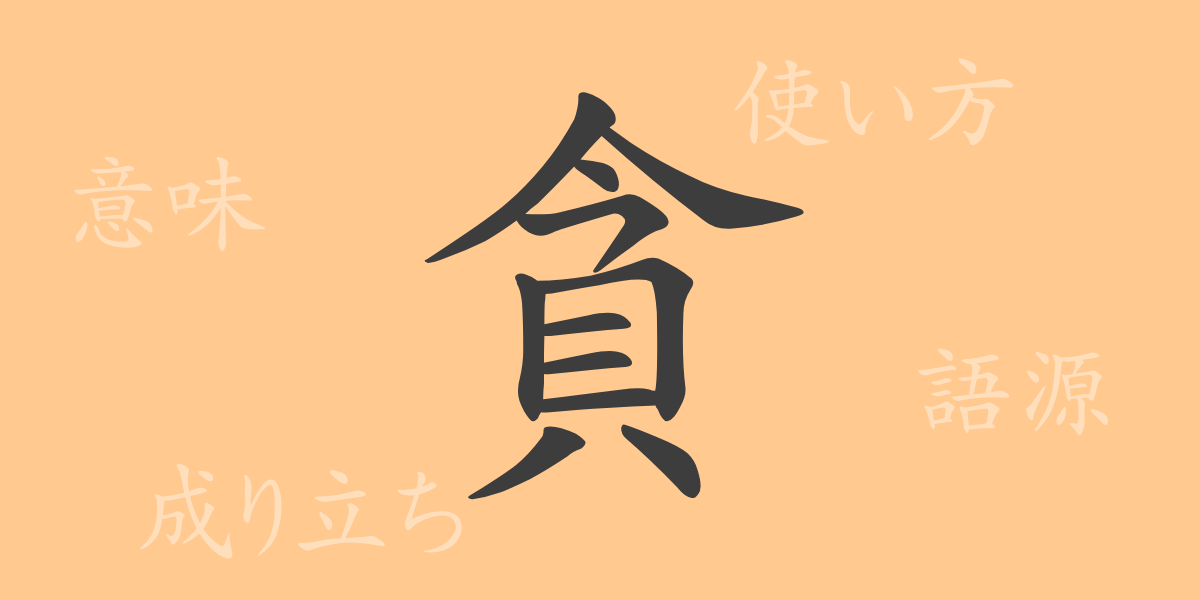Japanese language is rich in Kanji, each with its own history and meaning. ‘貪 (とん)’ is not frequently encountered in daily life, but its presence has long been associated with human psychology and behavior. This article delves deep into the Kanji ‘貪’, exploring its origins, contemporary usage, and the expressions it inspires. Let’s step into the world of ‘貪’ as a common Kanji in Japanese, and discover its allure.
Origins of ‘貪 (とん)’
The Kanji ‘貪’ originated in ancient China. It features ‘貝’ at the top, symbolizing money or wealth, and ‘今’ at the bottom, which denotes ‘now’ or ‘current.’ Thus, ‘貪’ symbolically represents the desire to possess wealth or riches immediately. Over time, ‘貪’ has evolved to express the intensity of desire or the act of coveting, capturing various aspects of human greed.
Meaning and Usage of ‘貪 (とん)’
The primary meanings of ‘貪’ are ‘to covet’ or ‘to desire intensely.’ It applies not just to material wealth or profits but also to power, fame, appetite, and other forms of desire. It is often used in contexts suggesting negative emotions or unethical behavior, such as unjust actions or excessive consumption, expressed as ‘to covet’.
Readings, Stroke Count, and Radical of ‘貪 (とん)’
Here are the fundamental details about the Kanji ‘貪’:
- Readings: On’yomi ‘ドン’, Kun’yomi ‘むさぼる’
- Stroke Count: 11 strokes
- Radical: 貝部 (‘かいへん’), related to shells or wealth
Expressions Using ‘貪 (とん)’ and Their Meanings
There are several idioms and proverbs that include ‘貪’, each illustrating aspects of human greed or gluttony:
- 貪欲 (どんよく): A state of intense desire or excessive greed.
- 貪食 (どんしょく): To devour food greedily. Indicates extreme appetite.
- 貪利 (どんり): To covet profits, or a person who does so.
These terms are used to describe human desires or greedy behaviors. ‘貪欲’ can sometimes have positive connotations in a business context, although it often carries negative implications.
Conclusion on ‘貪 (とん)’
The Kanji ‘貪’ is used to depict human desires and extravagant behaviors. Understanding its origins and applications allows us to reflect deeply on the patterns of human psychology and behavior that have persisted since ancient times. Knowing the idioms and phrases associated with ‘貪’ can enhance our appreciation of Japanese linguistic richness, and perhaps encourage us to consider our own desires and strive for a more balanced lifestyle.

























